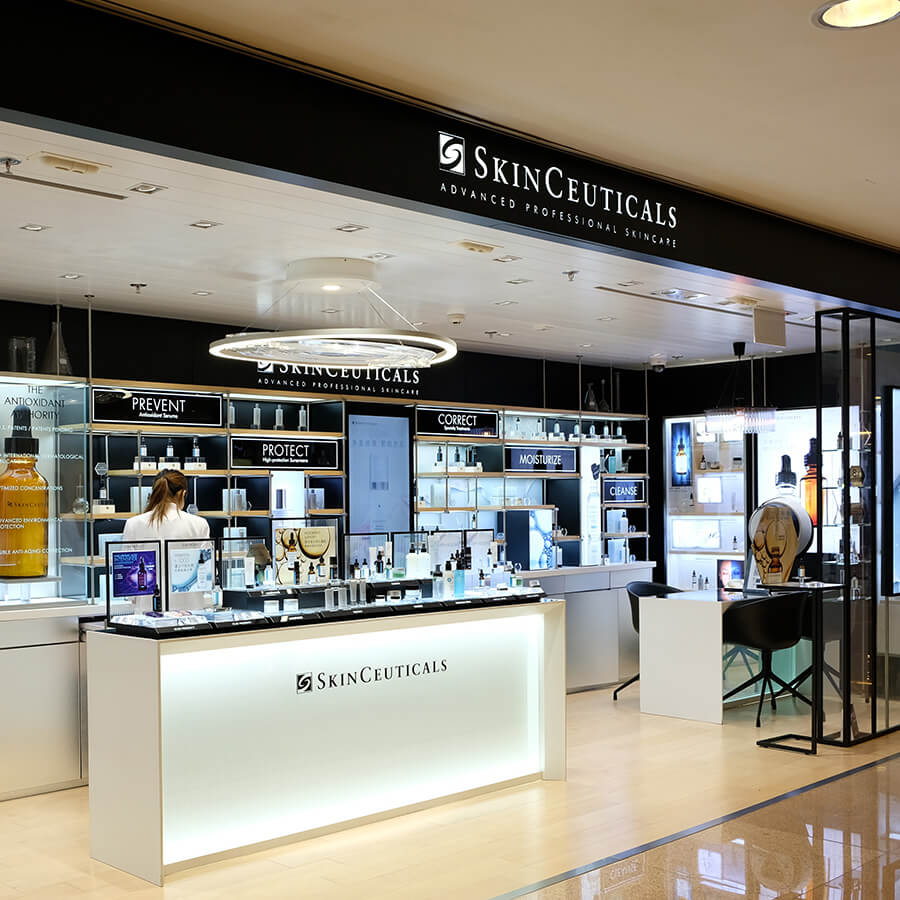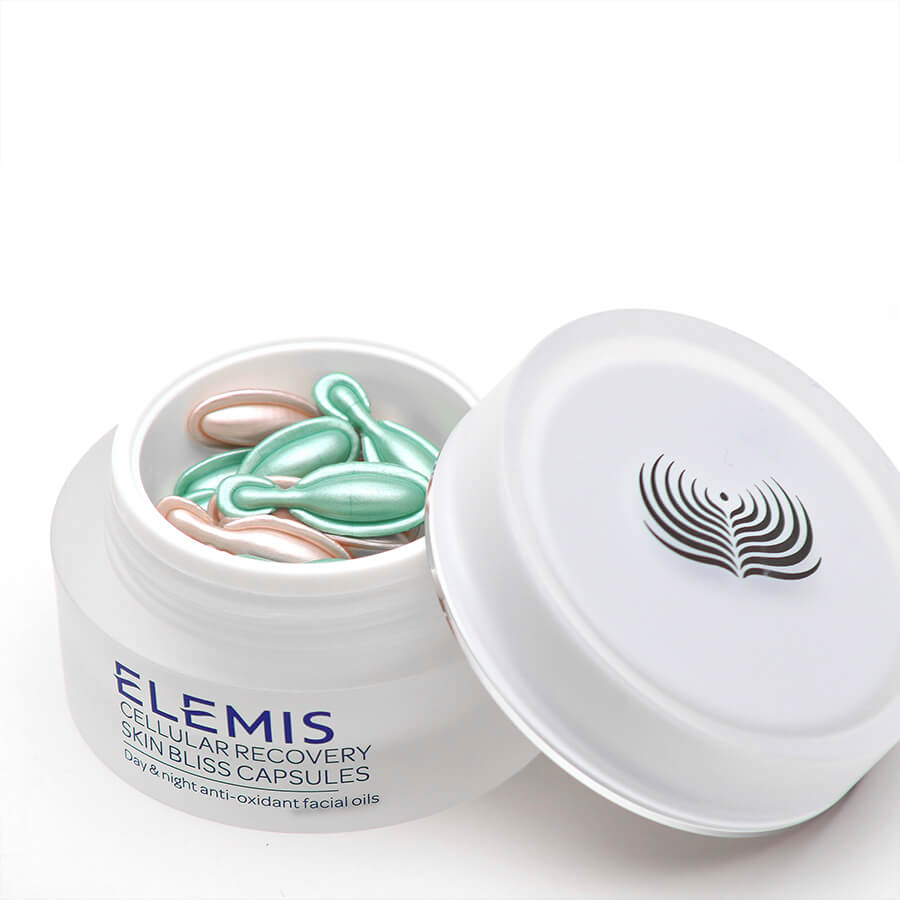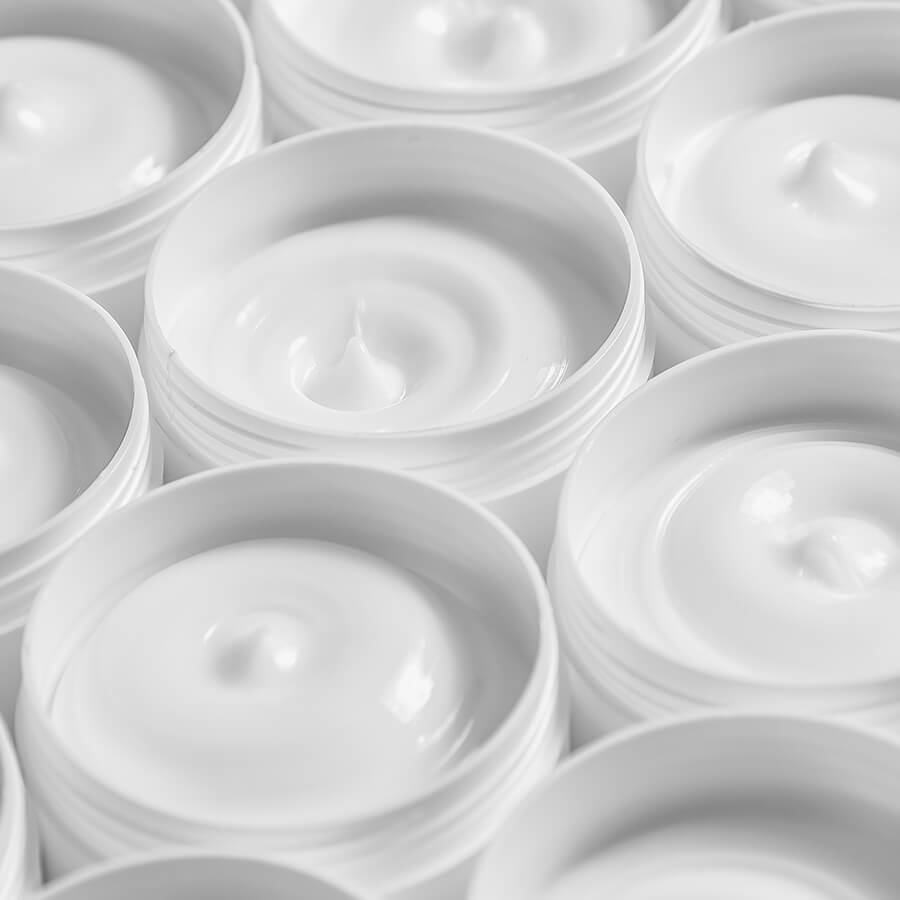The world of cosmetics is big business, and it’s because of this that it’s very common to hear about things in that industry that can liven things up and breathe new life into your business. One example is the new market for ‘cosmeceuticals’, alongside traditional cosmetics. Let’s take a look at what it’s all about, and what new business opportunities it could have to offer.
Indice
What is the true meaning of cosmetic?
Cosmetic comes from the ancient Greek word “Kosmein” which means ‘to beautify’ or to make beautiful. The term derived from it, Kosmetikos, referred therefore to ‘that which beautifies’ or ‘what is able to beautify’, practically the same meaning that we give to the word today. Cosmetics, the discipline that deals with cosmetic products, obviously derives from the same root. But where did the word cosmeceutical come from?
Cosmeceutical: meaning and origin of the word
Cosmeceutical is a neologism, made from the combination of two words; cosmetic + pharmaceutical. The dictionary traces this term back to the last century. In fact, we are talking the very last year of last century – 1999, the year in which the term appeared in Corriere della Sera. Cosmeceutical products contain both cosmetic and pharmaceutical ingredients, and consequently have benefits for the health of the skin, hair or the area the product is applied to, on top of any cosmetic effects.

What do cosmeceuticals contain?
Cosmeceuticals are cosmetics enhanced with biologically active ingredients, added to address particular problems. For example, they may contain antioxidants to help fight free radicals, which are responsible for premature skin aging, often along with vitamins, which enhance the effect of antioxidants. They involve advanced formulas that often take a cue from the aesthetic discipline of cosmetics. Il Sole 24 Ore relates a report published by Fortune Business Insights, titled “Cosmeceuticals Market Size, Share & Industry Analysis, By Product”, which explains that in 2018, the market was worth 37.41 billion dollars, with the size of the global cosmeceutical market expected to reach 73 billion dollars by the end of 2026. Their use is supported by aesthetic doctors, who find in cosmeceuticals the ideal complement to their interventions.
Well-known cosmeceutical brands:
Dermastir, the maison of serums
Brands of cosmeceuticals are not yet well-known among the majority of ordinary consumers. Some are used in spas and are also on sale as home treatments. This is the case for Dermastir®, the French company also called the ‘maison of serums’ for its specialization in these products. Some examples include diamond powder and peptides for bright skin, and lotus blue stem cells for skin revitalization.
Contact us for more information about our services

Well-known cosmeceutical brands:
SkinCeuticals, pure formulations
This popular brand of cosmeceuticals has their mission statement in their name. SkinCeuticals offers formulas such as CE Ferulic, daily antioxidant serum with pure Vitamin C and E, as well as Hydrating B5, a moisturizing serum based on Vitamin B5 and Hyaluronic Acid.
Well-known cosmeceutical brands:
Elemis london, from Collagen to Superfoods
Elemis London offers special formulas such as Peptide4 Overnight Radiance Peel, a lactic acid scrub that helps clean up your complexion. Alternatively, there’s the eye-contour collagen treatment with pavonia, amino acids, and a macrocellular complex, or perhaps the Superfood collection made from active, plant-based ingredients.
Was there ever really any need for cosmeceuticals?
As mentioned above, the cosmetics industry is always on the lookout for novelties. The addition of pharmaceutical properties to products can interest consumers for various reasons:
- health is one of the most important values of our times
- the idea of aesthetics and medicine in combination has been around for years even when it comes to cosmetic surgery
- the inclusion of medical ingredients suggests products are more effective.

Most widespread criticisms of cosmeceuticals
Some believe that the use of the word cosmeceutical is deceptive. Due to associations with normal pharmaceutical drugs, consumers may be led to believe that cosmeceuticals are subject to the same testing before being put on the market, and therefore may be willing to pay more, convinced of their greater effectiveness in comparison to normal cosmetics. In reality, the term ‘cosmeceutical’ has no legal status, and is not recognized by the FDA (‘Food and Drug Administration’) in the United States.





